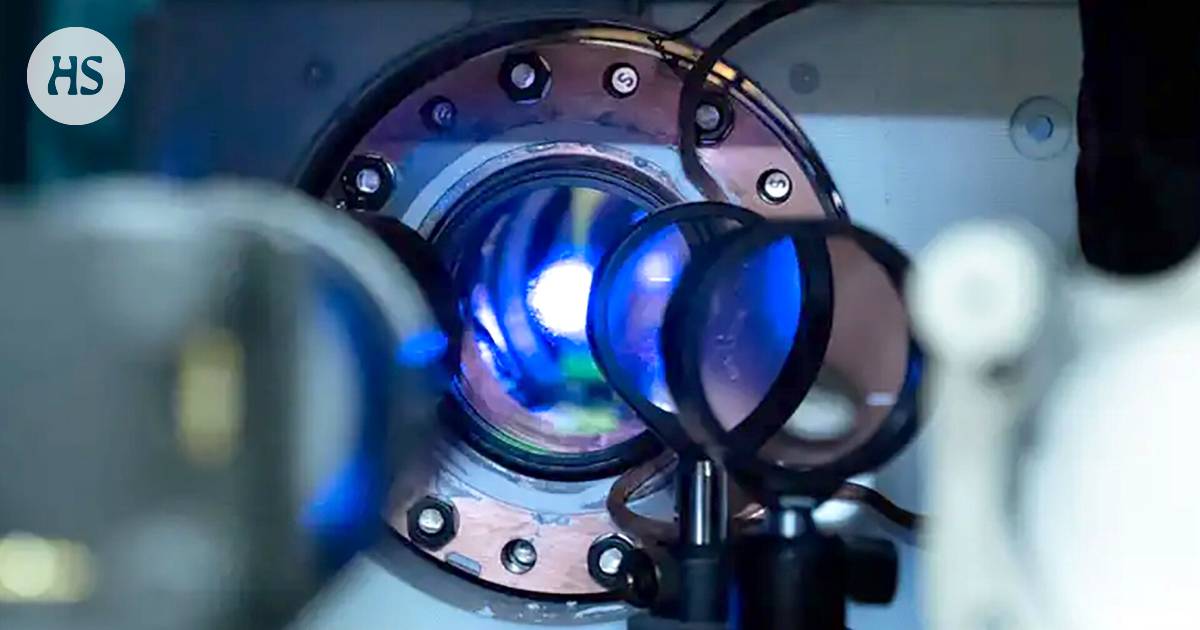The world’s most accurate clock, developed at the University of Colorado, is revolutionizing the field of physics with its unparalleled precision. With over 40,000 strontium atoms in its core and operating at temperatures just billionths of a degree warmer than absolute zero, the clock allows for atoms to vibrate between quantum states and be shielded from external disturbances. This results in an accuracy that lags or advances one second every 40 billion years.
The potential applications of this clock are endless, with physicists believing it could be used to more precisely detect dark matter in space and measure the movements of continental plates. While immediate applications may not yet be known, the clock sets a new standard for future discoveries and opens up new possibilities in precision measurements.
Atomic clocks have been in operation since the 1950s, with thousands currently in use around the world contributing to the calculation of universal time. The development of this new atomic clock represents a significant advancement in time measurement and precision, promising to drive further scientific discoveries. As work continues on refining the clock’s capabilities and applications, its potential remains high for driving breakthroughs in physics.



